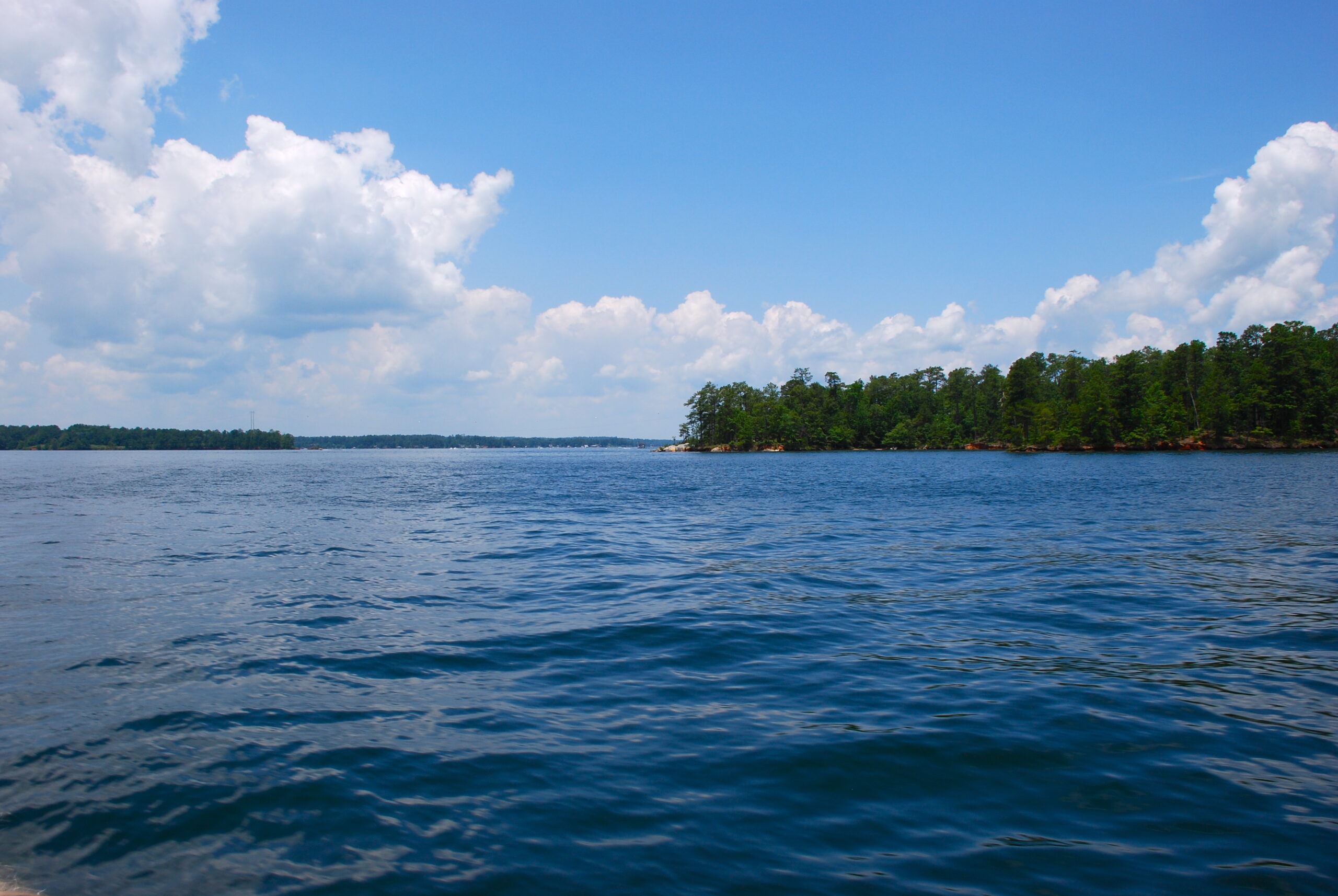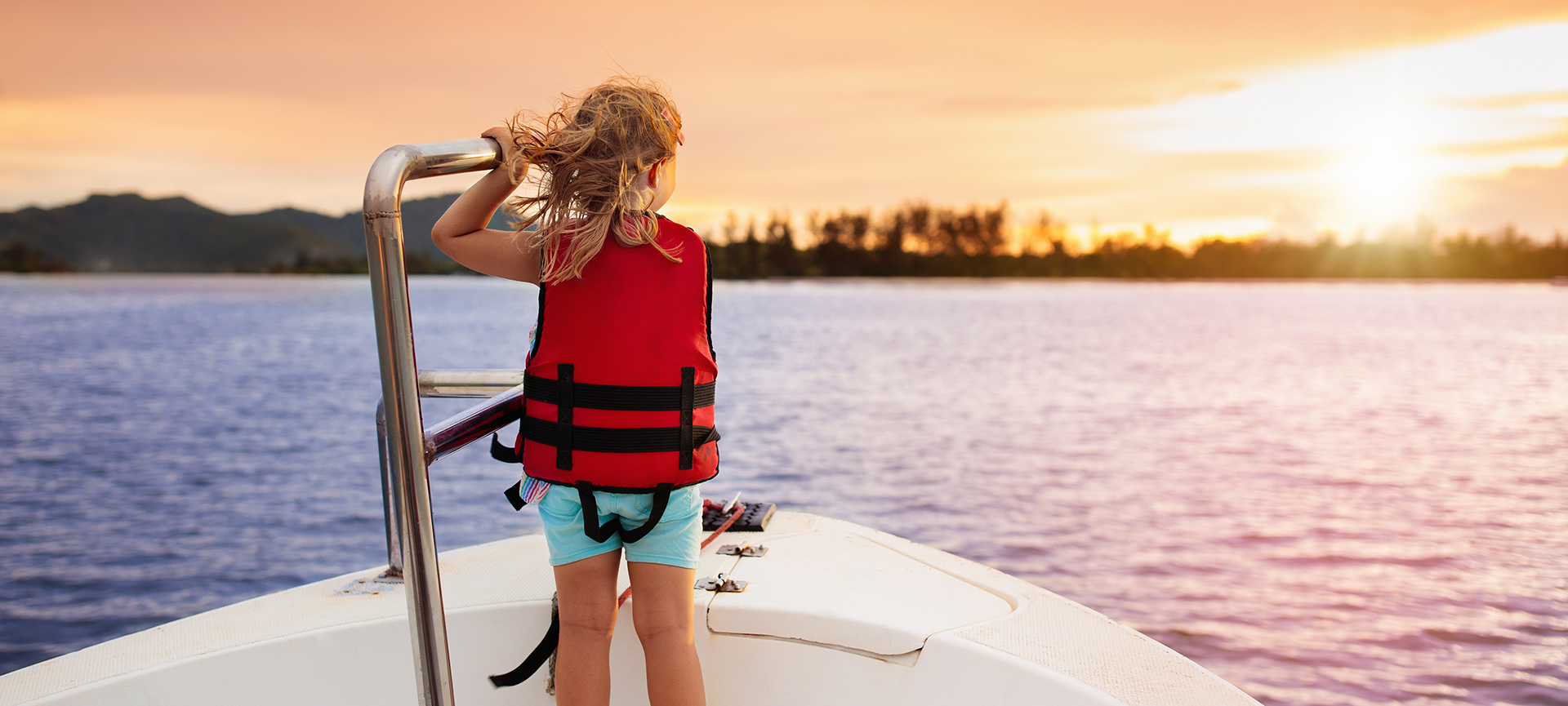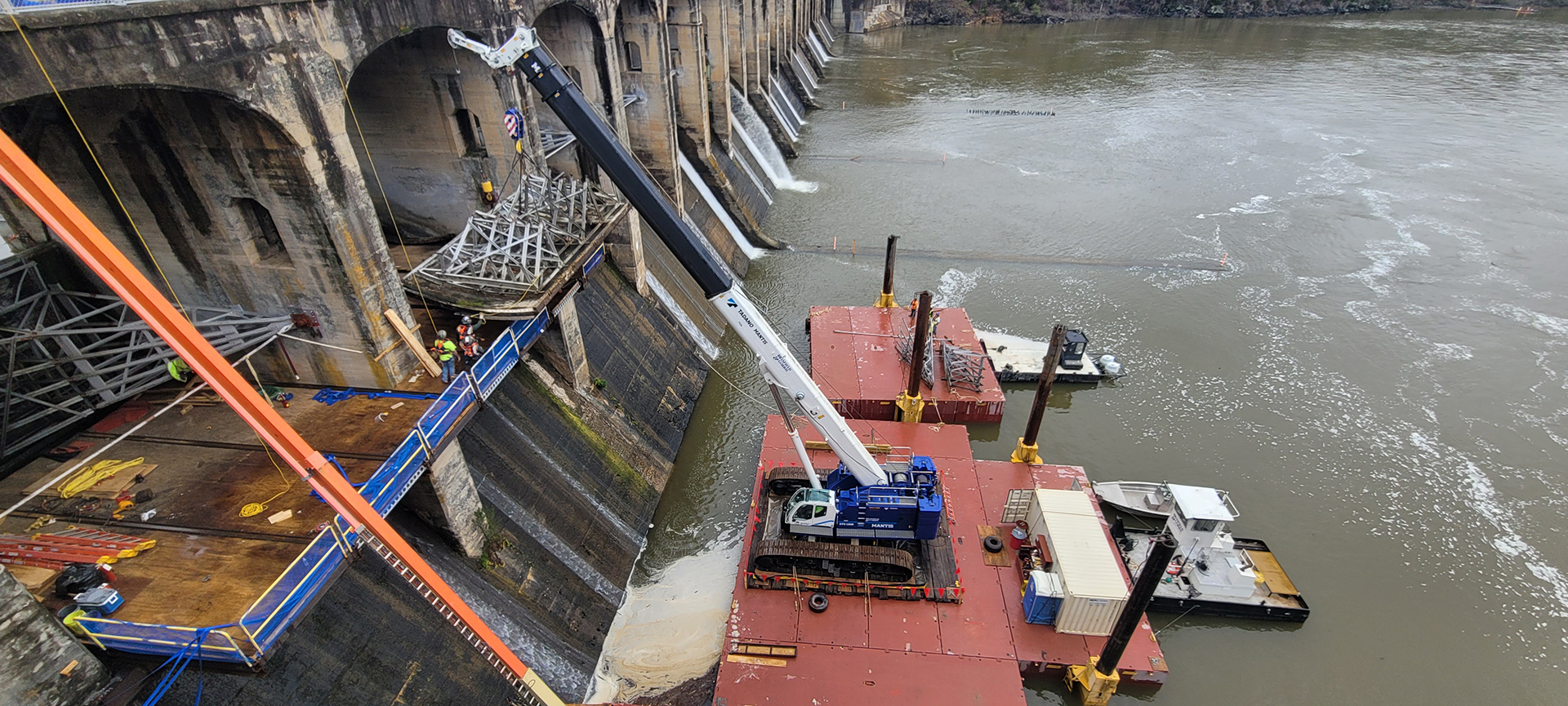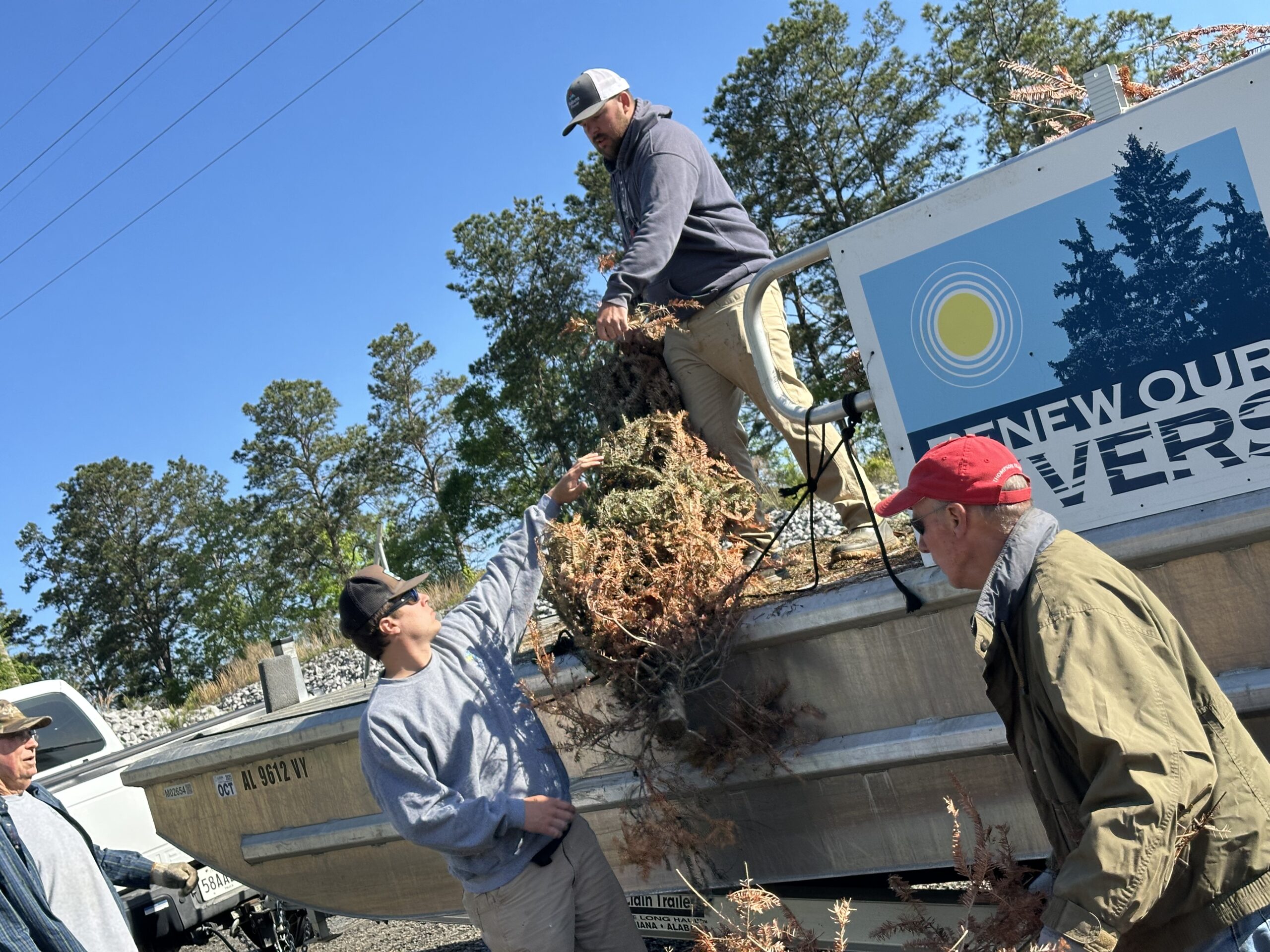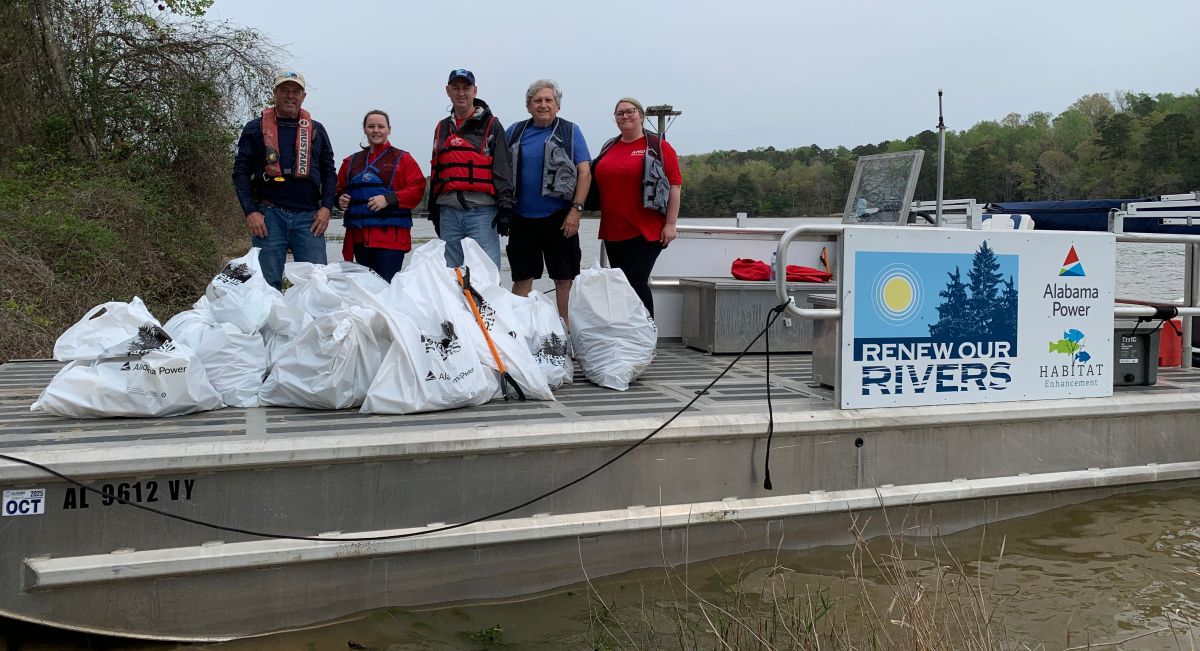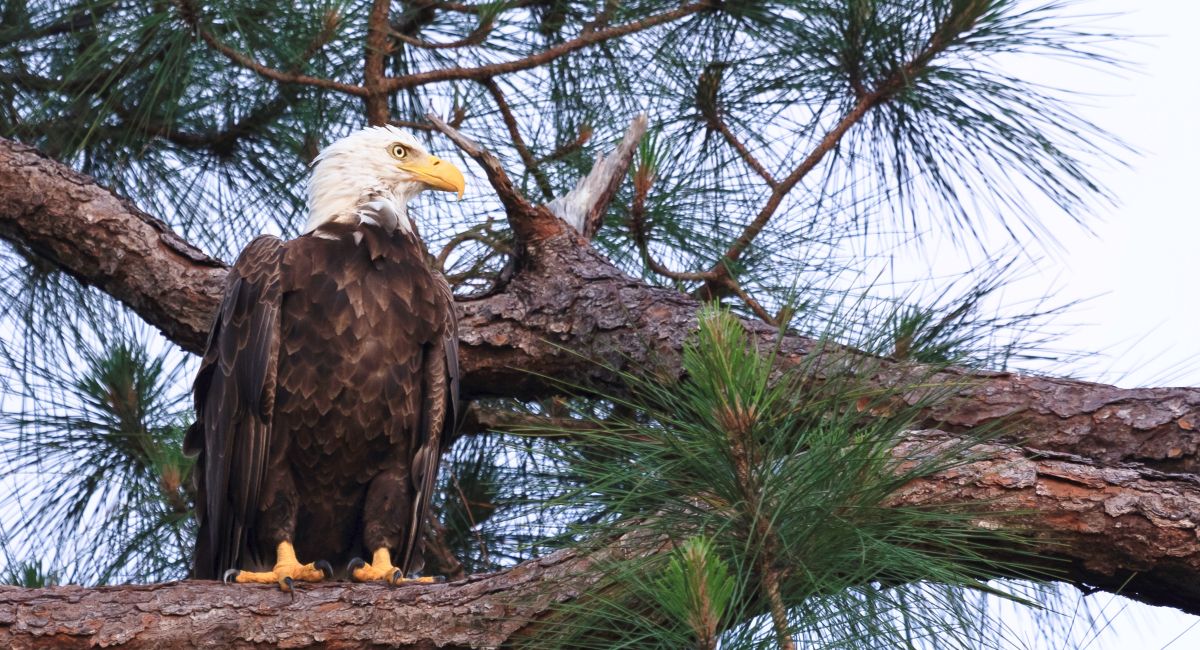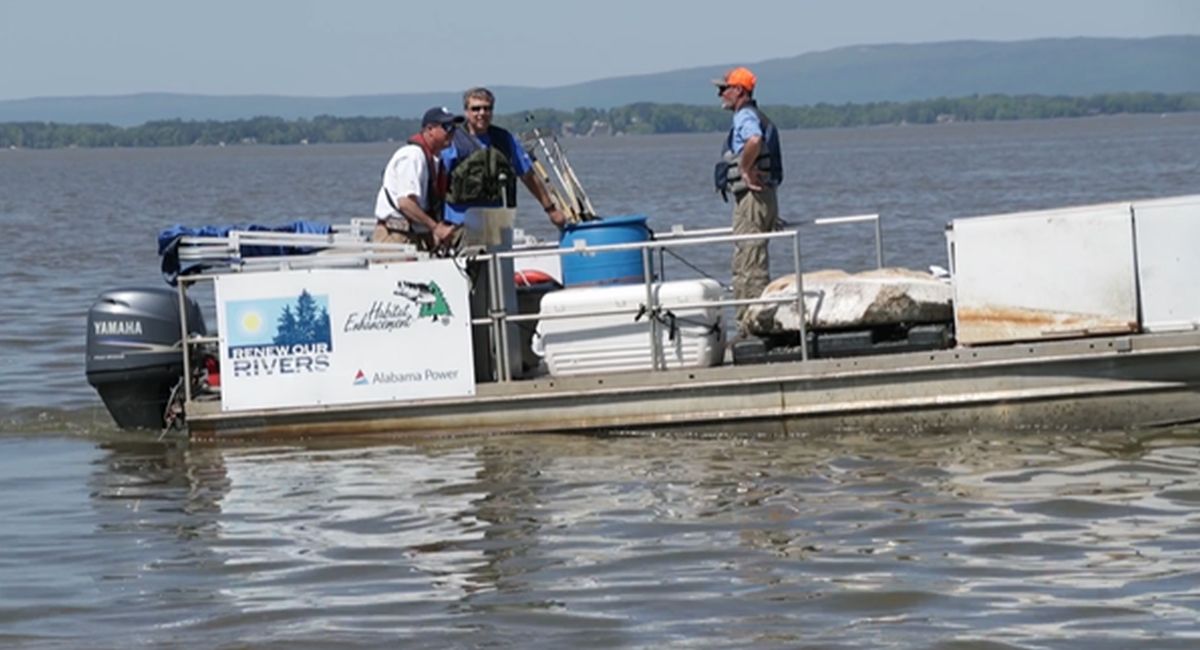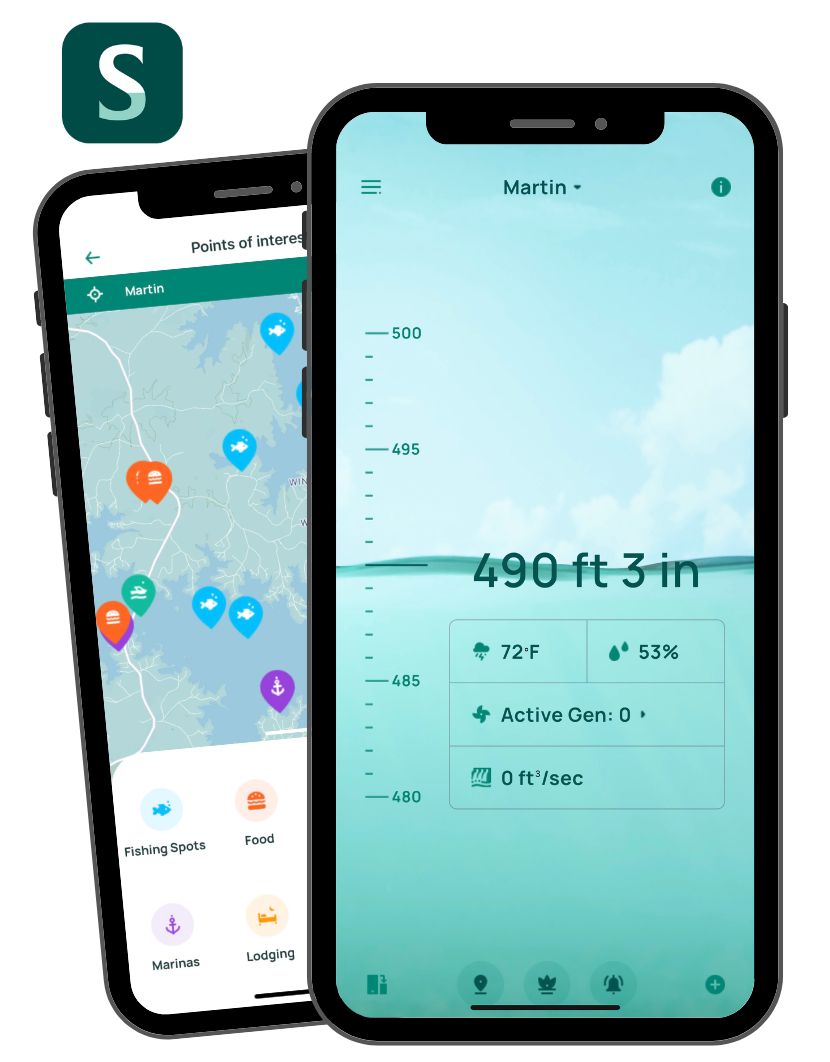The Alabama Marine Police Division offers tips for boating safety.
With children out of school and summer here, many families and boaters are back out on the water. But how many of these boaters are prepared for the warm-weather boating season? Whether you fish, water ski, tube or just boat for relaxation, the Marine Police Division wants to remind boaters to keep safety a priority by offering these tips:
Life Jackets
Wearable life jackets for everyone on board. They must be:
- U.S. Coast Guard-approved.
- Sized to fit and in good condition (no rips, tears or missing parts).
- Accessible (not stored in a locker or closed compartment).
- Worn by children under 8 years old.
- Worn by anyone on a personal watercraft or being towed on skis/tube
- Worn by anyone within 800 feet below a hydroelectric dam or navigational lock or dam.
Fire Extinguishers
U.S. Coast Guard-approved extinguishers are required for boats with:
- Inboard or inboard/outboard motors.
- Enclosed or permanently mounted gas tanks.
- Closed or semi-closed cabins or sleeping quarters.
- Any other fuel-consuming device such as a lantern or stove.
Additionally:
- A Type IV U.S. Coast Guard-approved throwable device for boats 16 feet and longer.
- Sound-producing devices such as a whistles, horns or bells are required for all boats longer than 16 feet.
- Emergency lanyard-type shutoff switches that are attached to the operator are required for all boats less than 24 feet in length and more than 50 horsepower with an open cockpit.
- Boats operating between sunset and sunrise or in low visibility must have navigation lights.
- Flares (3 day, 3 night or 3 combination type) if boating on coastal waters.
- Trash receptacle: all vessels including personal watercraft must have a container or storage compartment for the proper disposal of trash, garbage or plastics. These containers or storage compartments must be placed so that waste, trash or plastics cannot be inadvertently blown overboard.
Storms come up quickly on the water this time of year, so keep an eye to the sky. Watch for changes in temperature and shifts in wind patterns.

Above all, don’t drink and operate a boat. Each year, innocent people are injured or killed in alcohol-related accidents on Alabama’s waterways. In the past five years, almost one-quarter (23 percent) of all boating deaths were alcohol-related. Remember, the alcohol laws that apply on highways also apply on the waterways. If you have alcohol on the boat, make sure to have a designated operator.
Warm-weather boating and fishing are activities enjoyed by many people in Alabama, but what starts out as a pleasurable activity can quickly end in ruins if you encounter uncourteous boaters or your safety equipment doesn’t work right. Taking time now to become an informed, courteous boater will save you a lot of headaches later and allow you to enjoy the beauty of Alabama waterways.
Sgt. Walter Lacey is an education officer for the Alabama Marine Police. In 2011, he was named Marine Police Division Officer of the Year.





